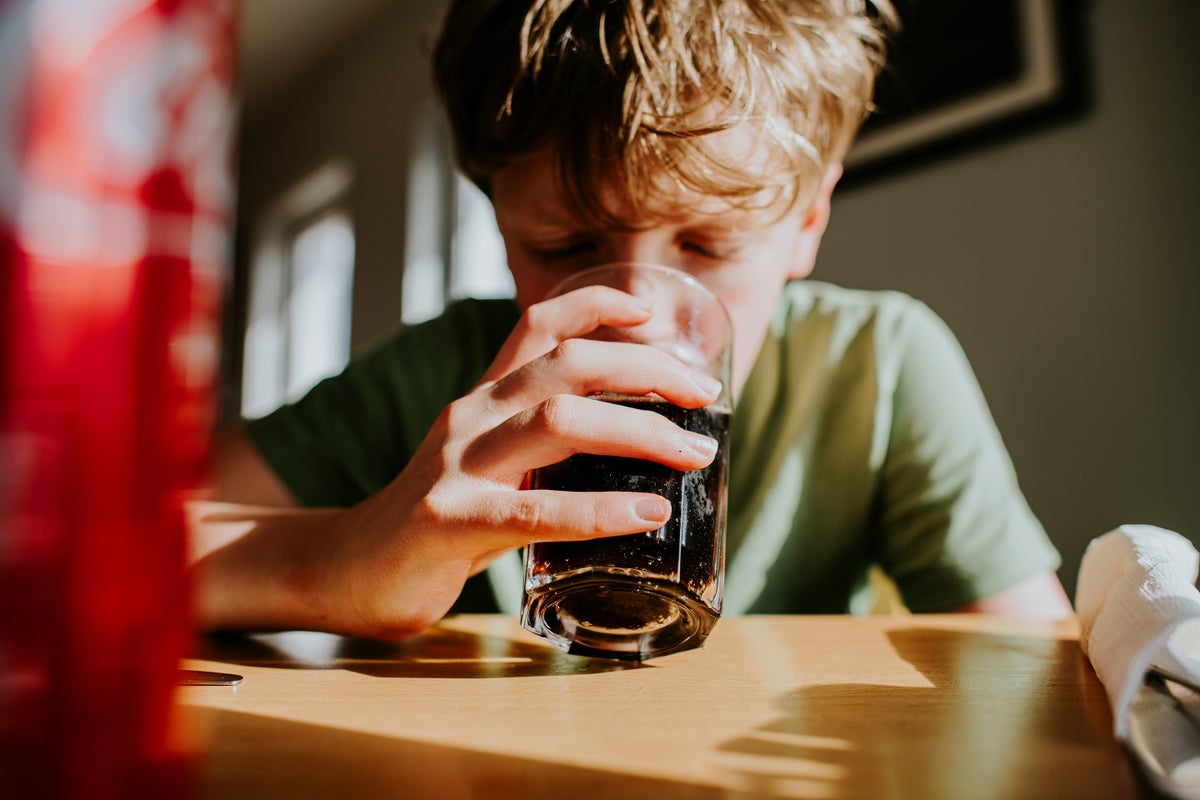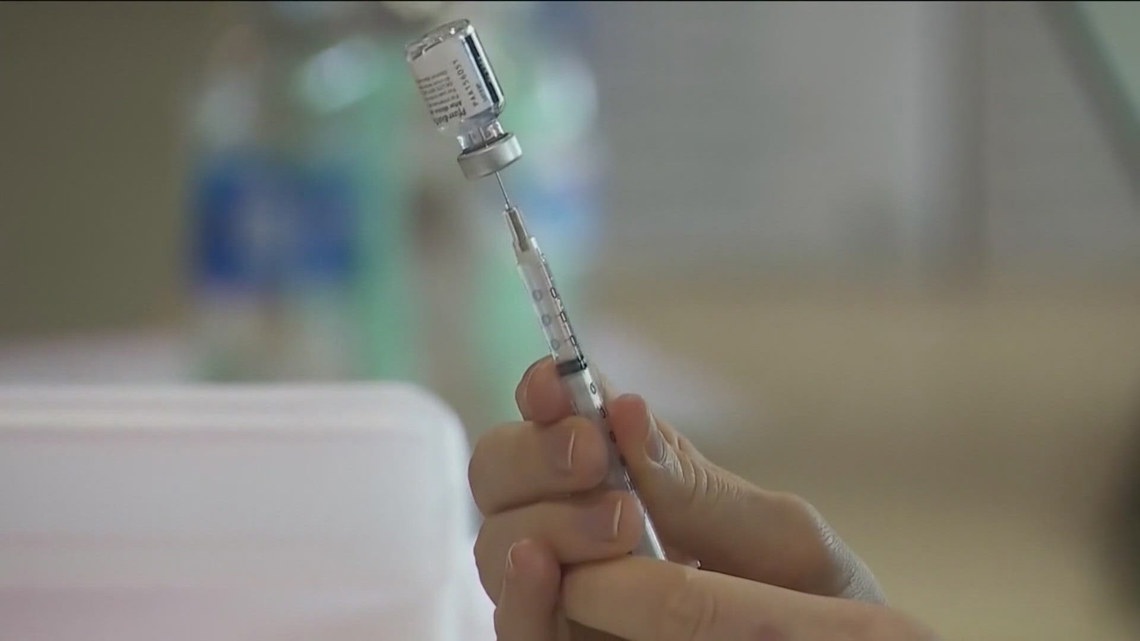Sweet Trouble: How Heat Waves Are Driving Our Sugar Addiction

As summer temperatures rise, people increasingly reach for cool, sweet refreshments to beat the heat. The soaring mercury seems to trigger a craving for sugary beverages and frozen treats, creating a delightful yet potentially concerning trend for health-conscious individuals. From ice-cold sodas to colorful popsicles and creamy gelatos, the allure of these chilled indulgences becomes almost irresistible during warm weather.
Nutritionists and health experts are raising important questions about the long-term implications of this seasonal consumption pattern. While these treats offer momentary relief and pleasure, their high sugar content could contribute to broader health challenges such as obesity, diabetes, and dental issues. The correlation between rising temperatures and increased sugar intake presents a complex public health consideration that goes beyond simple summer enjoyment.
Consumers are encouraged to be mindful of their beverage choices, seeking out healthier alternatives like infused water, unsweetened iced teas, and natural fruit smoothies that can provide both refreshment and nutritional benefits. By making informed choices, individuals can still enjoy the summer season while maintaining their overall health and well-being.








